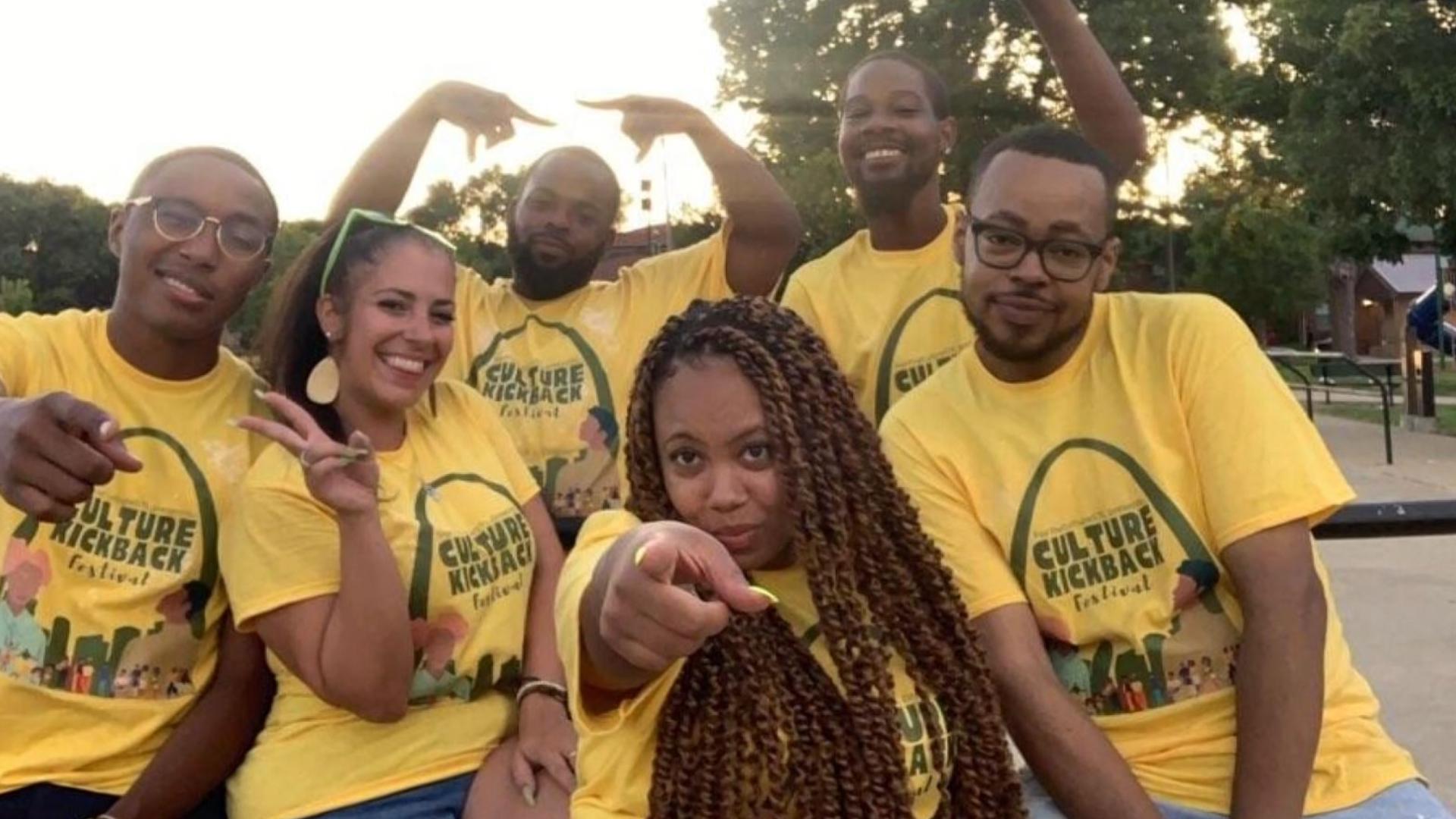FERGUSON, Mo. — The unrest 10 years ago in Ferguson led to changes in political leadership across the St. Louis region, which includes figures who have now become familiar faces.
Although they're in a position to spark change, they say their work is far from over.
"They just teargassed us,” Ohun Ashe can be heard saying on video recorded in 2014.
It's the power of a cellphone and a powerful story.
"I said this story is not being told. This part is not being shown,” Ashe said.
"Look, y'all, none of the business were vandalized,” the video continued.
Then a recent college journalism grad, the then-24-year-old Jennings resident found herself front and center, showcasing those protesting Michael Brown's death.
"My reality shifted on Aug. 9, 2014,” she added.
She recalled being on scene when looters struck.
"We were cleaning up. At the time, this was after the (QuikTrip) burned and people were on a parking lot crying, talking, just in community. … All of a sudden all these police cars show up and push people out onto the street. (There were) police dogs,” she said.
Ashe had never been arrested until then. She kept recording as protesters rallied for change.
One of them was a police officer called in to help keep the peace: Ron Johnson. Johnson, a captain with the Missouri State Highway Patrol, marched with the protestors.
A decade later, he now consults with police departments.
Other familiar faces were there, too: Alisha Sonnier, now a St. Louis alderwoman; Wesley Bell, who would be elected to the Ferguson City Council and then as the St. Louis County prosecuting attorney; Cori Bush, who was elected to serve in Congress; Bruce Franks Jr., who would soon become a state representative; and the then-20-year-old who would replace him at the Missouri Capitol: Rasheen Aldridge Jr.
"It was more, 'If we go to jail, we go to jail',” Aldridge said.
After serving as a state representative, Aldridge was elected to the St. Louis Board of Aldermen. He represents the same north St. Louis neighborhood he grew up in.
"It's important to be outside. It's important to agitate and disrupt, but we also got to make sure we got the right kinfolks at the table ... that's actually going to work on policy that changes the system in an unapologetic way, not small change. ... Our communities need dramatic change,” he said.
Aldridge and Ashe applaud the Black business owners who have surfaced since the protests. Ashe even launched FortheCultureSTL, an online directory of local Black businesses getting traffic around the world and the annual Culture Kickback, a yearly event celebrating Black culture that happens on the Sunday after Brown's death.
Aldridge said the community is "a lot further than where we would’ve been had Ferguson not happened."
"But when we talk about the change that can impact a person's day-to-day experience in St. Louis, we unfortunately have so much further to go,” Ashe said.
"We have this large disproportion when it comes to jobs, housing, school (and) healthcare," Aldridge added. "Changing policy, you’re talking about things that have been on the books for a generation.
"One, it doesn’t change overnight. Two, once it actually gets passed, it takes time for people to actually feel it in their everyday lives but I will say we’re progressing. We're moving forward.”
And when people see that progress is possible, it can be the driving force to never let it end.
"That's why you have to keep hope alive and you have to lean on those small victories when you get them,” Ashe said.

